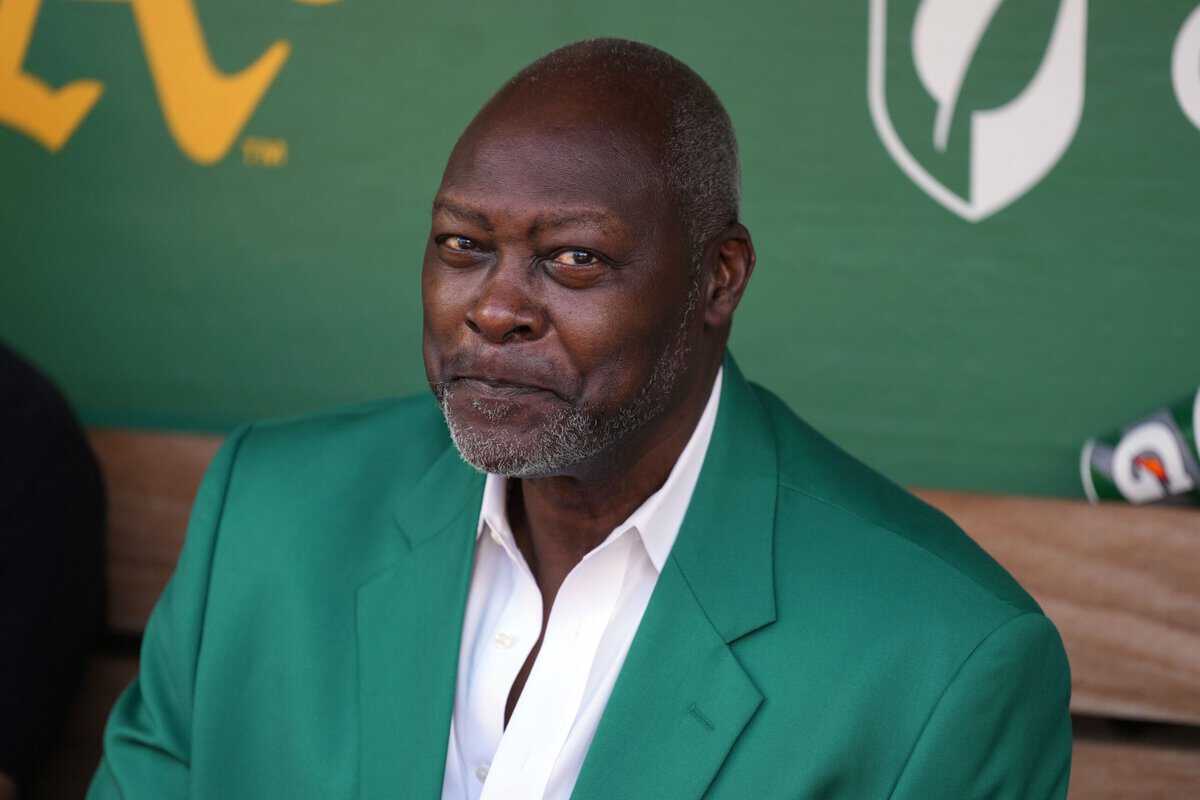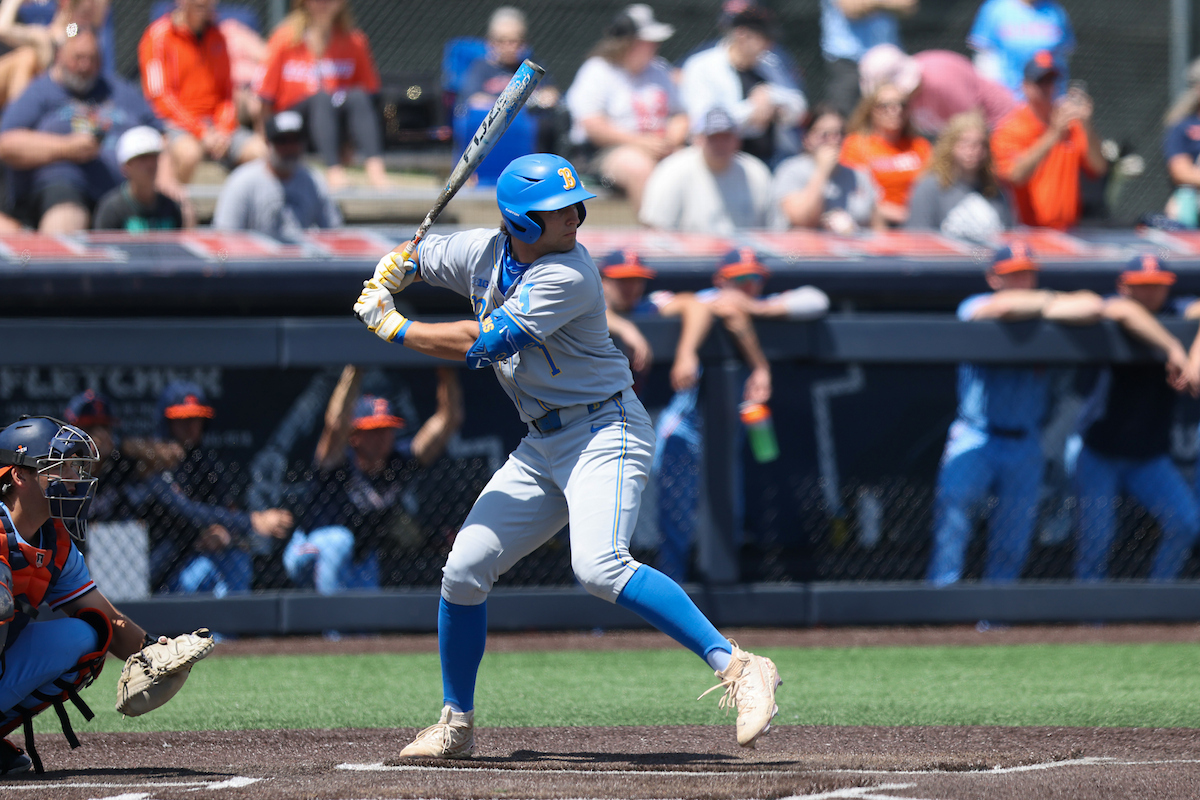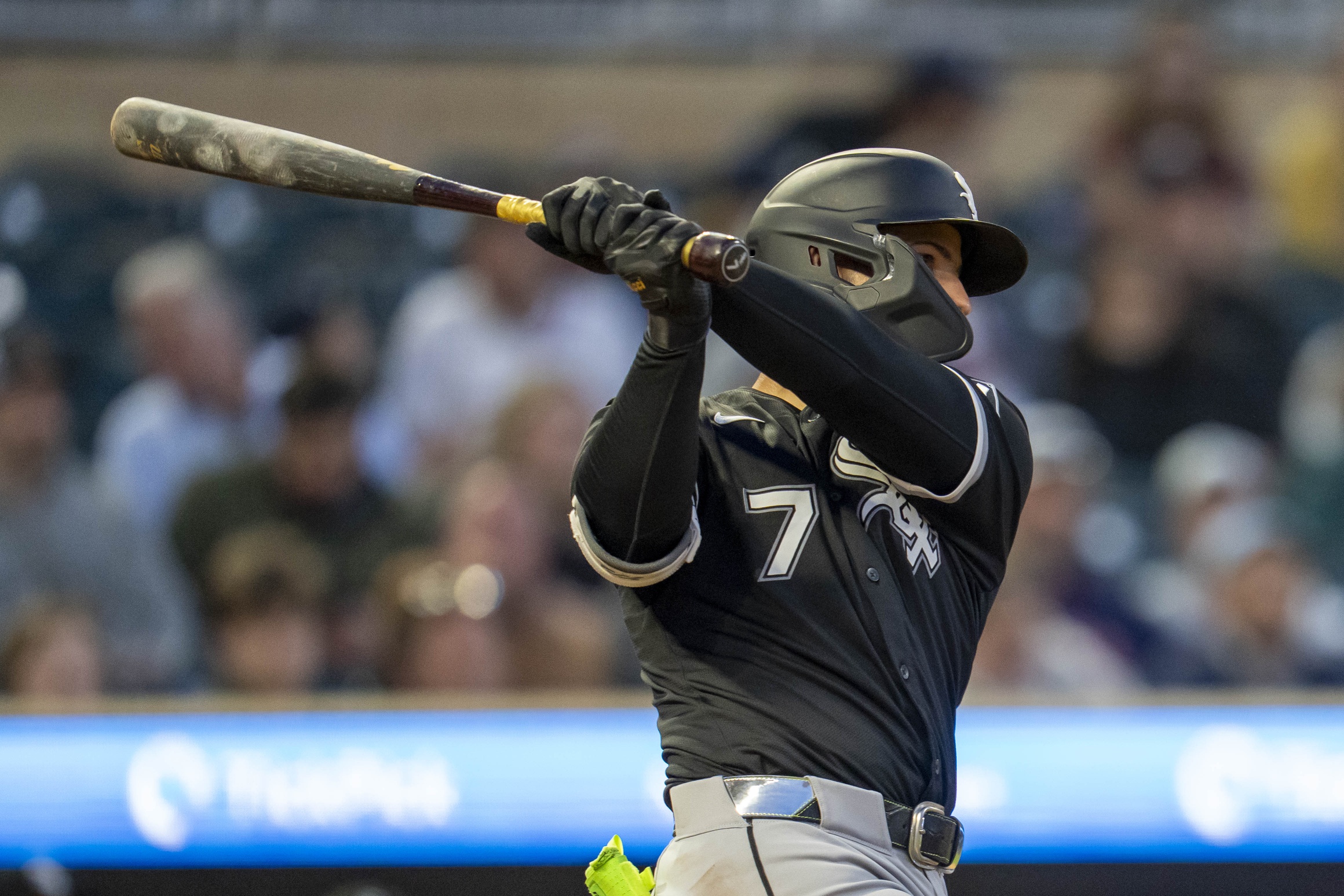Good news: Jerry Reinsdorf isn't impervious to the modern pressures of running the White Sox, and is open to selling the team according to The Athletic's Britt Ghiroli.
Bad news: The potential buying group isn't going to quell fears of things like Reinsdorf relying exclusively on one person for important decisions, or relocating the team to Nashville.
Ghiroli broke the news this afternoon, which surprised Sox employees past and present:
Longtime majority owner Jerry Reinsdorf is open to selling the Chicago White Sox, sources briefed on the matter but not authorized to discuss it publicly told The Athletic. The 88-year-old Reinsdorf is in active discussions with a group led by former big leaguer Dave Stewart.
A representative for Stewart declined comment to Sox Machine. The team is aware of the report, but at this time is not issuing further comment at this time beyond "we do not comment on rumors and speculation." However, past public statements from Reinsdorf have indicated he plans for the team to be sold after his death, and that he expects decisions on the long-term home of the team to be in the hands of next owner if there is no new stadium deal in place when their current lease with Guaranteed Rate Field expires after the 2029 season.
Stewart makes all the sense in the world at this particular time, although not for the most encouraging of reasons.
For one, he's the closest of friends with Tony La Russa. If you didn't recall it from the two running the Arizona Diamondbacks in a confusion fashion -- La Russa as Chief Baseball Officer, Stewart as GM -- then you'd recall it from La Russa traveling to Oakland for Stewart's jersey retirement ceremony in September 2022, when he was on leave from White Sox managerial duties due to health issues.
Then there's the part where Stewart has been involved in bringing a Major League Baseball team to Nashville. He could be seen holding court around the Gaylord Opryland during the winter meetings, and he'd been working with Music City Baseball, an investment group that has been championing the prospect of landing an expansion team it would call the Nashville Stars, until last November, when he left the group citing "philosophical differences."
[Stewart] added that he has the financial backing to privately fund the $3.5 billion-plus it likely will take to do so, something Music City Baseball does not yet have.
"I put people in front of (Music City Baseball) who were capable of doing what needed to be done (financially)," Stewart told The Tennessean. "They questioned me and who my people were. Quite frankly, it was insulting."
Music City Baseball managing partner John Loar called his group's approach to funding the endeavor "more agnostic" than Stewart's.
"Dave is very specific in putting an ownership group together," Loar told The Tennessean last week after Music City Baseball made a presentation to the Rotary Club of Nashville. "Diversity was really his focus on it. It made more sense (to part ways), because he would like to have more involvement and more control over that, to go do that."
Stewart had previously tried to buy the Miami Marlins before turning his attention to an expansion team in Nashville. Whether his group would be fine owning any team in any place, his ties to Nashville would certainly help Reinsdorf's goals of seeking leverage for public funds to build a new White Sox ballpark in the South Loop. He foreshadowed this development to Crain's Chicago Business back in February:
"When I'm gone, (son Michael) will have an obligation to do what's best (for the other investors). That likely means putting the team up for sale … The team will be worth more out of town."
Setting aside Reinsdorf's assertion that the White Sox would be worth more in a far smaller market, any group attempting to move the team to Nashville would encounter the same headwinds in finding public financing for a new ballpark. First Horizon Park, which seats 10,000 people, is hemmed in by apartments and state office property, and the city already faces a record-settling public financing bill for the underway construction of a new indoor football stadium to replace Nissan Stadium. Passage of the deal was rushed through the city council, and opponents of the Titans stadium plans fared well in the last election cycle, as it was a part of Nashville Mayor Freddie O'Connell's platform. State interests could supersede city interests, of course, but with a consequential $3.1 billion transit plan on the ballot next month that relies on the raising of sales taxes, the common revenue streams could already be spoken for.
But even if the White Sox were content with Guaranteed Rate Field, the thought of Reinsdorf selling had crossed my mind earlier today when reading about the struggles of the Bulls and Blackhawks reaching carriage agreements with major cable and streaming providers for CHSN, their new regional sports network. It isn't a coincidence that the Pohlad family announced the intent to sell the Twins shortly after they announced a far less lucrative broadcast deal with Major League Baseball. The Twins aren't alone in the Diamond Sports Group refugee boat, so it makes sense that Reinsdorf would want to explore selling before supply of teams outstripped demand.






